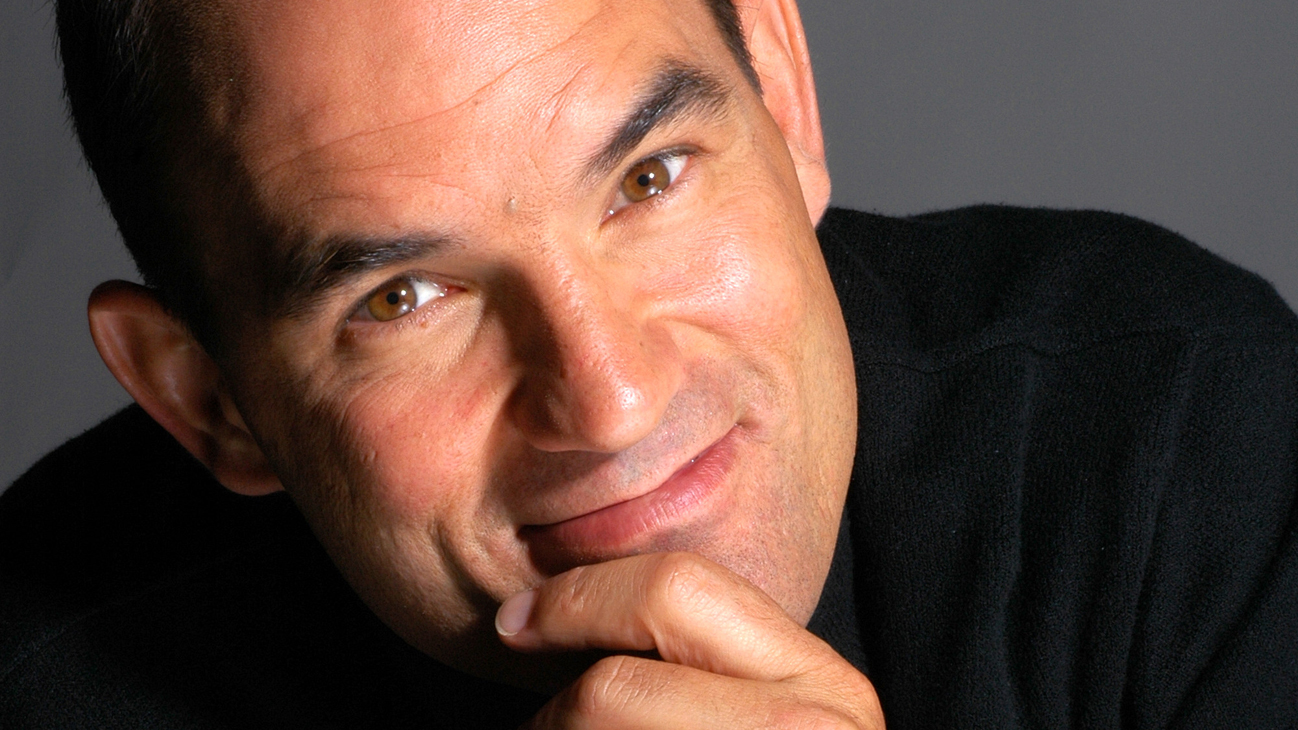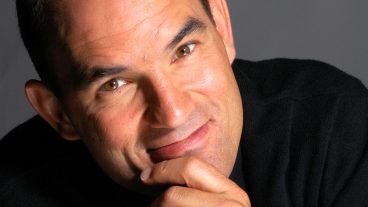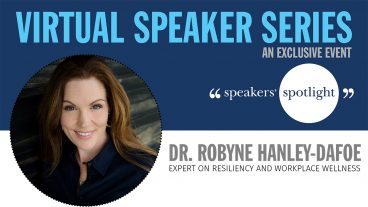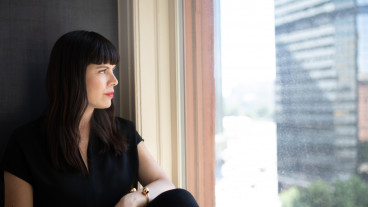Many of us are trying our best but feeling a loss of enthusiasm these days; a feeling of being burned out as we work from home with all of its challenges for yet another week. This is not an easy time. If you are struggling to stay resilient, don’t feel down on yourself, you are not alone. But having said that, there are some powerful things you can do to increase your resilience, as if it’s a muscle.
Setbacks come in many different shapes and sizes. Some are big — like the loss of a loved one, getting divorced, or enduring a major family illness. Some are smaller but still very significant to us — like having a meeting with a client or partner that does not go well, or a bad interaction with our kids while working from home.
Resilience is the ability to adapt well to the adversity we face. It is a measure of how quickly we can “bounce back” from our challenging experiences.
There are three things we can do immediately to become more resilient. These three strategies can help us stay in the game, even when we are starting to lose hope.
1. Expect Pain
Yes, expect it. And, no, this is not about being overly negative. If you expect a certain amount of pain and suffering, you will not personalize it. You will not think there is something wrong with you. If you expect it, you will not be surprised when it shows up. Our challenge is that because most of us are cut-off from the experience of others, we don’t realize we’re not alone.
Because we assume we are alone, we personalize events and have a much harder time letting go. We think it is only us who is experiencing this pain, this challenge. It is not. If there is one thing I have learned working with people in a training or keynote capacity, it’s that everyone is suffering. And as soon as we realize this, we feel less broken, less flawed, less unlovable. We realize this is just part of the human experience, not just “my” experience.
I have certainly had my share of pain and setbacks: relationship challenges, challenges with loved ones of mine, like my children, who are dealing with their own difficult situations that I feel unable to directly help with. As an entrepreneur, there were months in our business when we were worried about making payroll or how an event like the global financial crisis was going to affect our business. It wasn’t easy. But it has been part of my experience, as it is for you. So now it’s expected. It surprises me less. I don’t personalize as much as I used to. I bounce back a little quicker.
2. Don’t Hide Your Pain — Share Your Pain.
Feel free to share your pain with trusted friends and with those people who will not judge you. My daughter, Brigitte, once told me that if you “swallow your pain, it becomes a tornado inside.” She is absolutely right. When we keep our suffering to ourselves, it tears us up.
Part of why we need to share our suffering is to not only realize we are not alone, but also because it allows others to serve us and help us through our challenge. Are we big enough to allow them to do that? Doing so gives them a big hit of positive emotions that comes with service.
Opening ourselves up like this also shows others that it is perfectly natural to experience pain and suffering. So, by sharing, we give them permission to share their suffering, and they themselves become more resilient
3. Ask yourself: Is what I am thinking or doing helping me right now?
We can sometimes miss that our habits of thought and action do not always serve us, and do not always help us be resilient. This is the reason we build mindfulness into our “Last 8% Morning” morning routine. Mindfulness is a tool, a lens, that can help us discern whether our thinking is true or not. Whether or not our thinking is serving us. For instance: Are we wallowing in victimhood? Are we beating ourselves up too much? Are we caught up in being overly worried about what other people are thinking about us?
Aristotle wrote: “It is the mark of an educated mind to be able to entertain a thought, without accepting it.” This is why we need to check our thoughts for accuracy. This is why mindfulness is so critical today.
One trap to look out for in your thinking that I have witnessed again and again while working with Olympic athletes, is believing that if we make a mistake, it is better to be hard on ourselves because it will help us bounce back sooner or because it will help us become stronger. It doesn’t. The research is clear that just the opposite is true. We are more resilient when we bring a tenderness to ourselves. We are more resilient when we bring compassion to ourselves as opposed to criticism.
Below is an episode from my podcast, “Last 8% Morning”, to help you bring more tenderness towards yourself.
Resilience is the ability to adapt well to the adversity we face. It is a measure of how quickly we can bounce back from our challenging experiences.
Today, we delve into three effective tools to build the muscle of resilience.
Take a listen here, https://t.co/jmdReSI6Ci. pic.twitter.com/dnkB50zHEn— Dr. JP Pawliw-Fry (@DrPawliwFry) May 29, 2020
For over twenty years, Dr. JP Pawliw-Fry’s curiosity and passion for helping people manage their emotions has driven his research into the skills and tools required to build a culture of exceptional leadership.
JP is the New York Times bestselling author of Performing Under Pressure and speaks to organizations around the world on emotional intelligence, resilience and change. He is the host of the popular podcast, Last 8% Morning.




